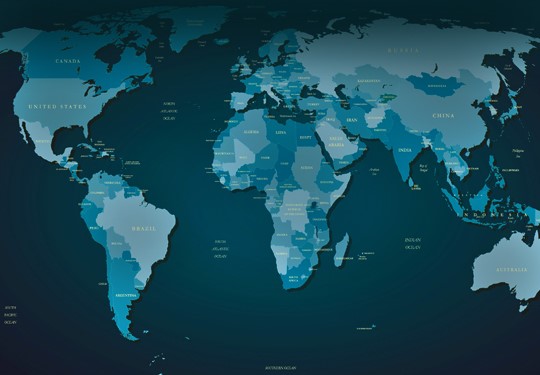The Scientific Affairs Department at a global pharmaceutical and medical device company is responsible for creating and disseminating medical and clinical information to support the company’s various therapeutic areas. The department had roughly 350 employees at three locations and field-based Scientific Affairs Liaisons (SALs) located across the United States.
The major role of Scientific Affairs is information analysis and dissemination. The Department collects quantitative and qualitative data from healthcare professionals and consumers. Specifically, the information comes from different venues, such as conferences, face-to-face interactions with key opinion leaders, and phone calls from customers into the call center, and is collected through a number of channels, including SALs, the Customer Contact Center, the Medical Communications Group, and the Medical Education Group.
This Knowledge Audit Project was undertaken to provide the foundation for improving overall knowledge access and knowledge sharing within the Department. To manage knowledge effectively, you must know what you have, where it is, where it comes from, who controls it, and how it is transformed as it moves through the company’s business processes.
The Knowledge Audit was conducted as the initial step in creating a Scientific Affairs-specific content architecture and taxonomy for an enterprise content management system (ECMS).
Iknow conducted the following activities:
- Developed standard data collection templates and interview guides that were used for all interviews.
- Conducted individual and group interviews across all major functional areas with process owners, process participants, and end users of process outputs to identify and describe the knowledge assets that they used in their jobs.
- Prepared a detailed interview summary after each interview.
- Collected and reviewed the available standard operating procedures for the department’s key functional areas.
- Cataloged and stored the information about each knowledge asset in a custom Microsoft Access database.
The information was collected and aggregated into 15 categories that aligned with the Department’s major functional areas. The categories were:
- Clinical Operations
- Clinical Trial Management (Clinical Supplies)
- Customer Contact Center
- EBM and OR Strategy
- Learning and Professional Development
- Medical Affairs
- Medical Communications
- Medical Education
- Outcomes Research
- Planning and Contracts
- Quantitative Methodology
- Safety Operations
- Scientific Affairs Field
- Standard Operating Procedures (SOPs), Compliance and Auditing
- Trial Methodology
More than 80 Department personnel were involved in the Knowledge Audit and more than 700 individual knowledge assets were collected, described, and inventoried. Assets were categorized as either process inputs or outputs. Inputs were defined as knowledge assets that initiate, are accessed by, or referenced during a business process; outputs were defined as knowledge assets that are an end product from the business process.
In roughly four months, the Scientific Affairs Department had a comprehensive inventory of its business processes, standard operating procedures, and intermediate and final process outputs. This knowledge base served as the foundation for four follow-on projects:
- Content Architecture. This project addressed content architecture, information access/availability, and search issues by standardizing the content types, metadata, and vocabulary across all databases and tools. This project covered:
- Taxonomy
- Content types
- Metadata
- Help/FAQs. This project developed and implemented a variety of end-user help and support materials to promote knowledge access, knowledge sharing, and end-user self-service. These materials included:
- Guidelines and helpful hints on where to find information and on using the databases and tools.
- Knowledge sharing programs and contests.
- A monthly newsletter with knowledge-related news and tips.
- Templates Redesign. This project created a department-wide templates repository. Specifically, this project:
- Identified and collected best-in-class templates and categorized them by functional group.
- Developed new templates based on the Knowledge Audit, SOPs, and end-user interviews.
- Knowledge Governance. This project developed the optimal knowledge governance policies and practices.


